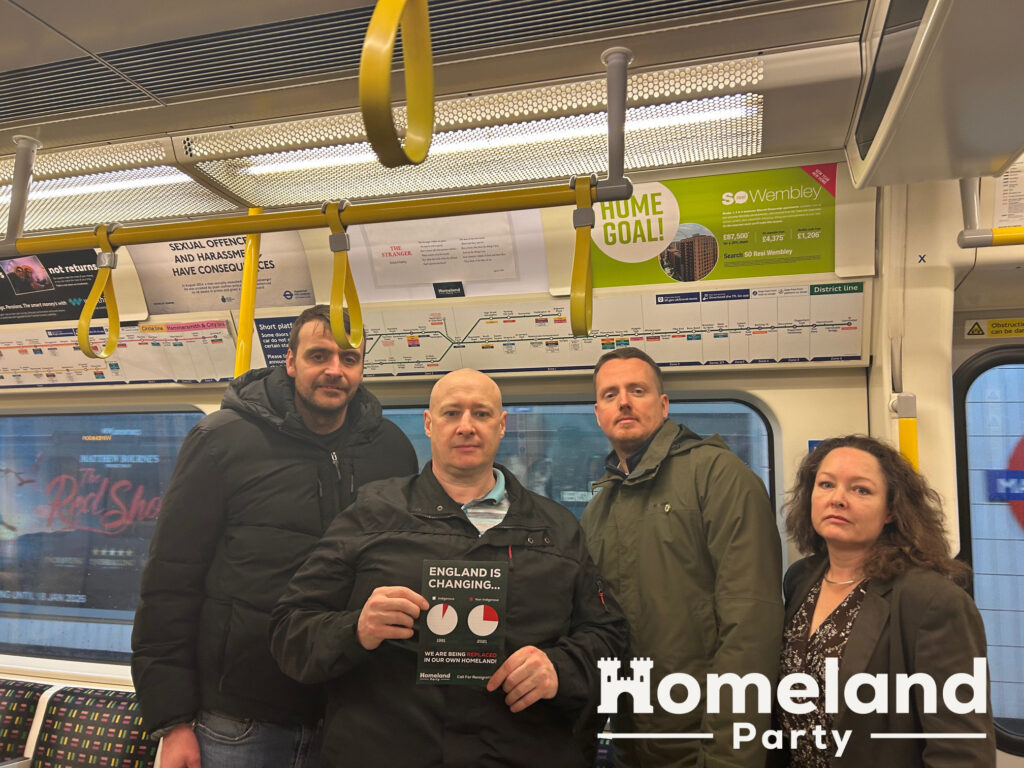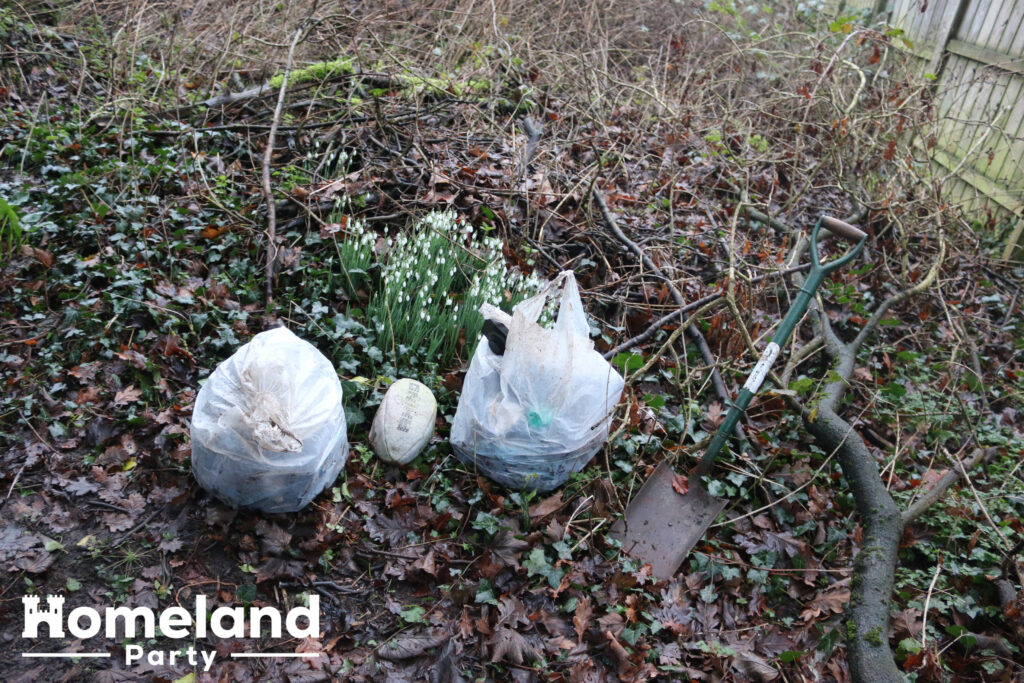A Nation at the Crossroads
In the late 1970s, Britain stood on uncertain ground. The empire had collapsed, our industries were in decline, and our position in the world seemed to wane. Margaret Thatcher stepped forward with a radical new model built not on shared duty but on market forces, deregulation, and global integration. This marked the dawn of the neoliberal age.
More than 40 years later, that age is collapsing under its own weight.
The Cost of a Broken Model
Stagnant growth, crumbling infrastructure, Spiralling energy bills, and a cost-of-living crisis that’s left families unable to afford the basics—this is the lived reality of neoliberal Britain. Entire industries (steel, rail, and shipbuilding) are shadows of their former selves. We were promised prosperity through globalisation. What we got instead was dependency, debt, and dispossession.
Who Really Controls Britain Now?
Neoliberalism was sold to you as freedom—free markets, free trade, free movement. But that freedom came at a cost: the power to shape your future was handed to foreign boardrooms and offshore investors.
Our utilities? Privatised.
Our land? Commodified.
Our national assets? Sold off, often to foreign powers with no loyalty to the British people.
The so-called “free” market is anything but. It is a closed system—rigged to favour international conglomerates while our nation bears the consequences. British Steel’s collapse under Chinese control is not an anomaly. It is the logical endpoint of a system designed to sell off your birthright.
Who Profits from Britain’s Decline?
For nearly five decades, a Westminster consensus (left and right alike) has auctioned off Britain piece by piece. The result?
- The most expensive train fares in Europe have service delays as standard.
- Water companies dumping sewage into rivers while foreign shareholders pocket dividends.
- Sky-high energy bills—not due to scarcity, but profiteering.
At the same time, our countryside is buried under concrete—not for the British people, but to serve mass migration and global capital’s thirst for cheap labour. And through it all, you’re told to be patient, to accept “more growth.” But growth for whom?
Why the British Worker Comes Last in His Own Country
In towns and cities that once powered the nation, skilled workers were cast aside—replaced by outsourced labour and offshore profits. The North of England has paid the highest price. Communities there didn’t fail; they were abandoned.
Meanwhile, you’re forced to compete with imported labour, asked to accept lower wages and fewer rights to stay afloat. And when you speak up, you’re called backward. Outdated. Bigoted. As if defending your community were a sin.
A Nation Is Not a Marketplace
This is more than economic mismanagement. It is a moral failure.
Britain has been run like a business—not a homeland. And you’ve been treated not as a citizen but as a unit of economic output. That ends now.
We don’t want socialism. We don’t want libertarianism. We want something older, truer, and more human: a politics of place, duty, and continuity—a nationalism not of slogans, but of stewardship.
That means reclaiming what is ours:
- Our industries
- Our energy
- Our land
- Our future
Real Change Begins with You
Keir Starmer’s pledge to bring British Steel into public hands shows that even the establishment recognises that the old model is broken. Across the world, nations are waking up. From Trump’s tariffs to France’s energy reforms, the age of unfettered globalisation is closing.
Britain must lead—not follow.
Our Land, Our Duty
To the Homeland Party, the British homeland is sacred—not just soil but an inheritance passed down through sacrifice. It is built with love and meant for those who belong here and will fight for it.
As Sir Roger Scruton wrote:
“The land of England is not just a physical space but a living connection between the people and their history, their culture, and their future. It is the place that holds the memories of their ancestors and the promise for future generations.”
To preserve that promise, we must act.


